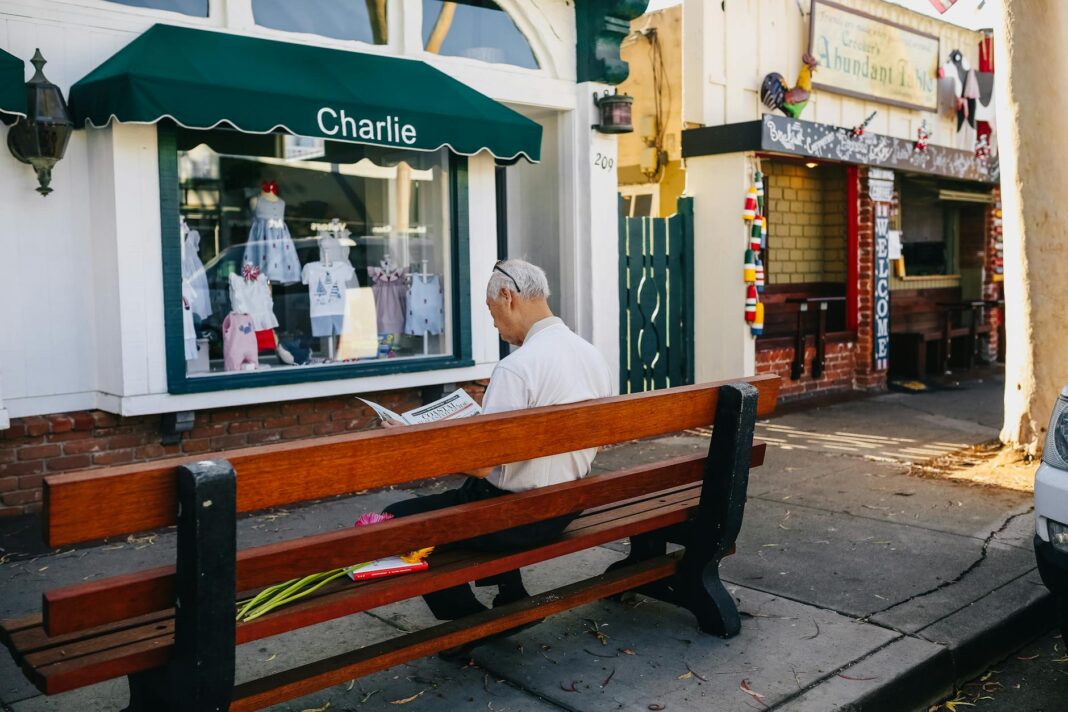Funeral Details for Charlie Kirk
Charlie Kirk, a prominent conservative activist and founder of Turning Point USA, has passed away, and plans for his funeral are now making headlines. Scheduled for this weekend in Phoenix, Arizona, the event is poised to draw a significant crowd, reflecting both the admiration and criticism that Kirk garnered throughout his career. As a figure who was often at the forefront of conservative discourse, his death has sparked conversations about his complex legacy and the impact he had on the political landscape.
Location and Timing
The funeral service will be held in Phoenix, a city that played an essential role in Kirk’s activism and outreach efforts. While the specific venue remains undisclosed, it is expected to accommodate a large number of attendees, including family, friends, supporters, and other notable figures from the conservative movement. As the date approaches, more details about the time and location will likely be released, allowing those wishing to pay their respects to prepare accordingly.
A Polarizing Figure
Charlie Kirk was not just a conservative activist; he was a lightning rod for controversy. His ability to galvanize young conservatives was remarkable, often rallying students across the nation to engage in political activism. However, this influence came with its share of backlash. Critics often labeled him as divisive, accusing him of promoting rhetoric that polarized rather than unified. This dichotomy of opinions creates an intriguing dynamic for his funeral, as attendees will likely span the spectrum of political beliefs. Some will come to honor a figure they viewed as a champion of free speech and conservative values, while others may approach the event with a critical eye.
Public Attendance and Legacy
Anticipation surrounds the attendance at Kirk’s funeral, with many expecting a mix of supporters and detractors. Notable conservative figures are likely to be present, reflecting on Kirk’s contributions to the movement. This gathering will serve not only as a memorial but also as a nuanced exploration of the legacy he leaves behind. For many young conservatives, Kirk was a source of inspiration, empowering them to voice their beliefs and engage in the political process. Yet, for others, he epitomized the divisive nature of contemporary politics.
As conversations emerge around his legacy, it’s essential to recognize the multifaceted impact he had on American conservatism. Kirk’s initiatives, such as Turning Point USA, have mobilized countless students and have ignited discussions around free speech on college campuses. He was known for his sharp debates, often stepping into contentious conversations that challenged prevailing narratives. This aspect of his character will likely be highlighted during the funeral, as speakers reflect on both his achievements and the controversies that surrounded them.
The Broader Implications
In the wake of Kirk’s passing, questions arise about the future of the conservative movement he helped shape. His approach to activism, particularly in engaging younger audiences, has set a precedent that many will look to replicate. However, his polarizing methods have also raised concerns about the direction of political discourse. As attendees gather to honor his life, discussions surrounding his impact will inevitably touch on the broader implications for conservative activism in America.
Final Reflections
As the weekend approaches, many are preparing to reflect on the complex legacy of Charlie Kirk. His life was characterized by both accolades and controversies, a testament to the polarized environment of today’s political landscape. Those who knew him personally and professionally are expected to share memories that highlight the man behind the public persona. Kirk’s passing may mark a significant moment in the ongoing discourse about the future of conservative activism in America, leaving many to ponder what his legacy will ultimately represent.
Questions
What are your thoughts on Charlie Kirk’s influence in politics?
Will his funeral draw more supporters or critics?
How do you think his legacy will be remembered in the coming years?

